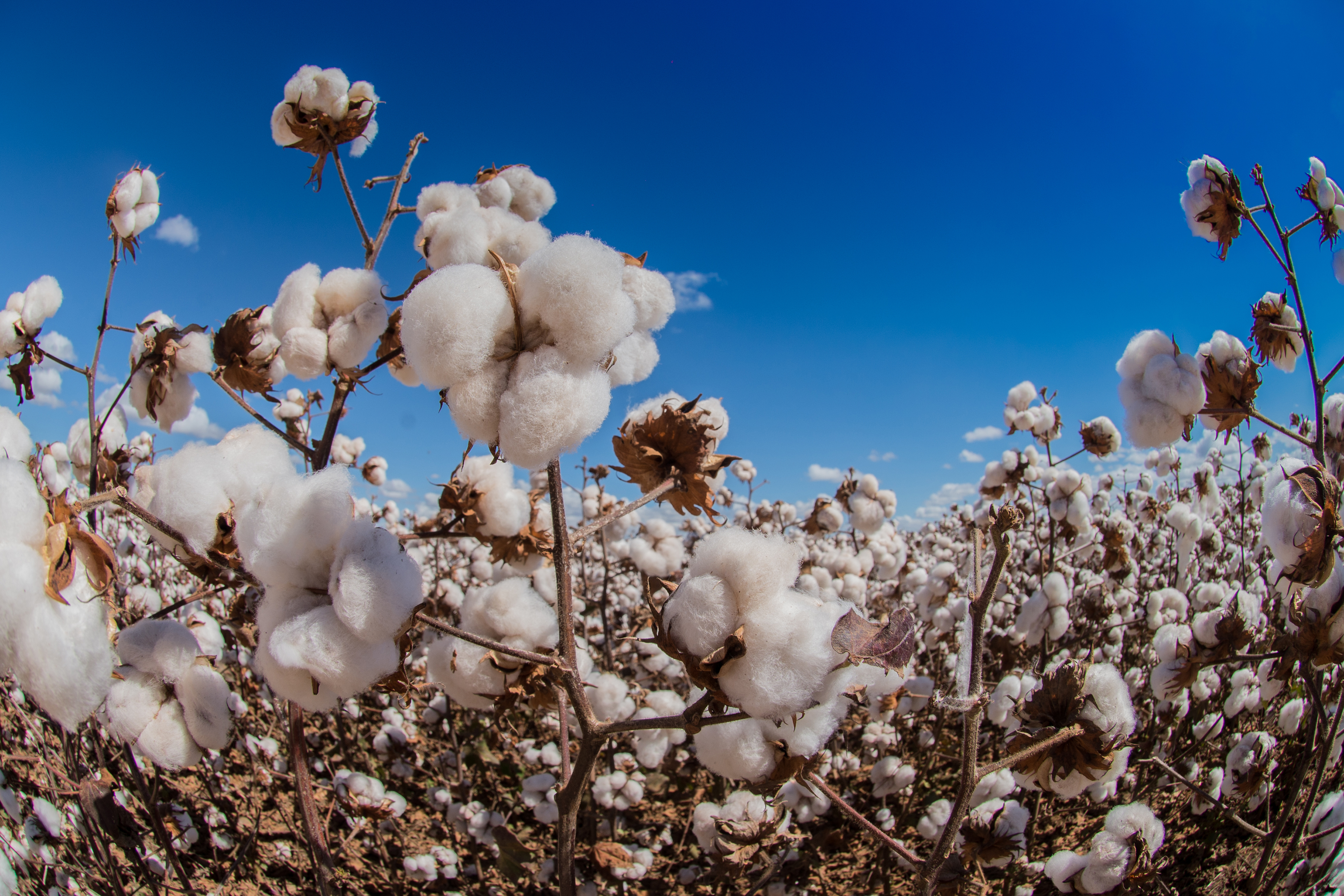World Cotton Day: The fabric of our lives

Cotton is the undisputed king in the world of textiles, and for a good reason. This natural fibre has played an essential role in the textile industry for centuries, offering numerous advantages that make it a staple in the textile industry. Cotton is a fascinating and versatile fibre with a rich history being cultivated and used for textiles for thousands of years. The oldest cotton fabric fragments date back to around 5000 BCE, found in present-day Pakistan and Mexico.
Cotton fibres have a unique structure that is hollow and flat with a twisted, ribbon-like shape. This gives cotton its exceptional absorbency and strength, capable of holding up to 27 times its weight in water.
Cotton textiles are also known for their durability and long-lasting quality. They can withstand frequent washing and wear, making them a sustainable choice in the long run. Cotton can withstand high temperatures without compromising its integrity and doesn’t weaken or melt when exposed to heat, making it ideal for hot climates and ironing.
Cotton’s history and versatility make it a fabric of immense significance, both culturally and economically. Its unique properties and wide-ranging uses continue to make it a vital part of our lives, from clothing to industrial applications.
Agriculture and Sustainability
Cotton farming provides employment and sustenance to millions of people worldwide, especially in developing nations. It’s not just a crop; it’s a lifeline for countless farming communities.
Sustainable cotton farming practices, such as organic and fair trade, are gaining popularity. Organic cotton is grown without synthetic pesticides or fertilisers, while fair trade ensures ethical treatment of farmers and workers.
In recent years, the cotton industry has made significant strides in adopting sustainable practices. Initiatives like the Better Cotton programme promote ethical and eco-friendly cotton production, ensuring that we enjoy cotton’s benefits without harming the planet.
Better Cotton represents a significant leap forward in sustainable agriculture and textile manufacturing. It is cultivated with a profound commitment to environmental and ethical standards. Here’s what sets it apart:
- Reduced Chemical Use: Better Cotton promotes responsible farming practices, reducing the use of synthetic pesticides and fertilisers. This not only safeguards the environment but also protects the health of farmers.
- Water Efficiency: Farms that are part of the programme employ efficient irrigation techniques, ensuring that every drop of water counts. This helps mitigate the water-intensive nature of cotton cultivation.
- Better Livelihoods: The initiative supports cotton farmers in developing countries by providing training in sustainable farming methods, empowering them to improve their livelihoods and reduce poverty.
- Transparency and Traceability: To find out more about Better Cotton’s transparency in the supply chain, read our traceability series.
As we look at the fascinating journey of cotton and its integration with Better Cotton practices, it becomes increasingly clear that sustainability and responsible farming are essential commitments for the future. The journey from traditional cotton cultivation to Better Cotton is a testament to the power of conscious consumer choices, environmentally friendly farming techniques, and social responsibility. By embracing Better Cotton practices and supporting the global movement toward sustainable cotton, we can ensure that this remarkable fibre continues to weave a story of progress, one that benefits both our world and the generations to come.
